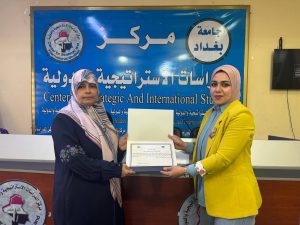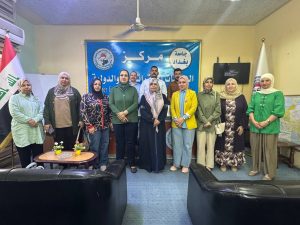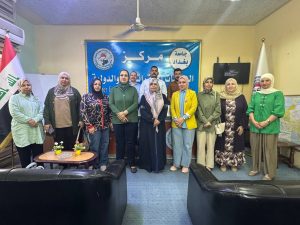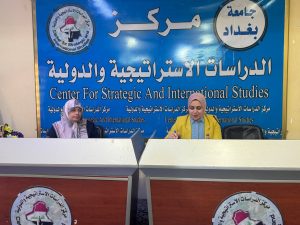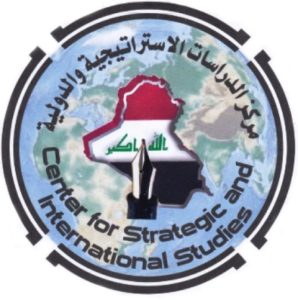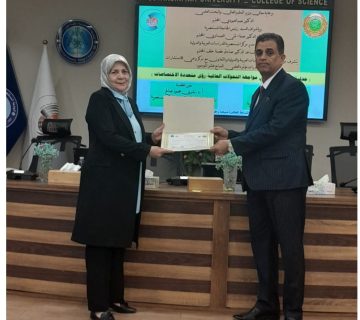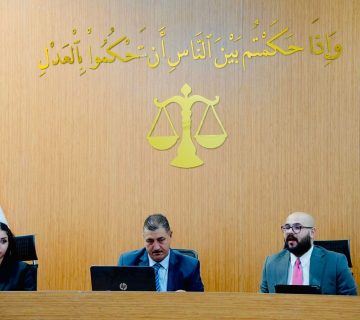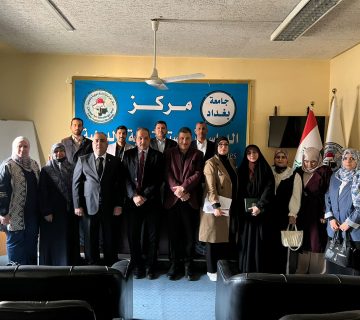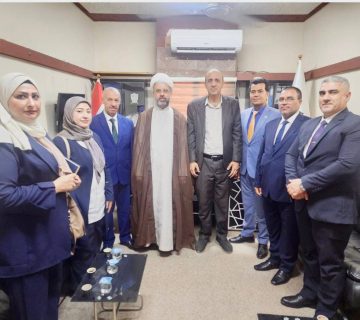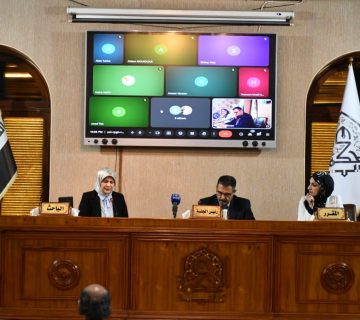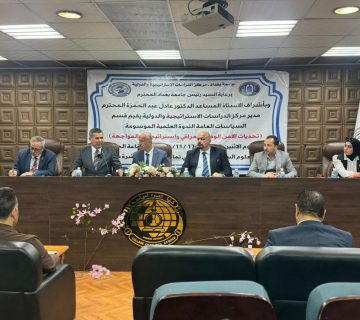Title of the Scientific Workshop Organized by the Quality Assurance Unit at Our Centre
Media and Government Communication Unit
The Quality Assurance and University Performance Unit at the Centre for Strategic and International Studies, University of Baghdad, organized a scientific workshop entitled:
“Challenges to Achieving Sustainable Development Goals in Iraq: Goal 16 as a Model”, presented by Dr Badriya Saleh Abdullah, researcher and academic at the Centre.
The workshop explored the concept of sustainable development, which integrates the dimensions of development and the environment, and is fundamentally concerned with meeting the needs of future generations. In this regard, the Human Development Reports issued by the United Nations Development Program (UNDP) now classify countries based on sustainable development indicators, including the enhancement of life quality, individual agency, participation, and satisfaction—concepts that have become standard terminology within international organizations.
Sustainable development encompasses four key pillars: economic, social, environmental, and institutional. The associated indicators include both tangible factors, such as physical capital linked to people’s well-being, and intangible dimensions, such as human capital and the ability to lead a dignified life while expanding individual capabilities and choices.
Dr Badriya also discussed the origins and objectives of the Sustainable Development Goals (SDGs), which were adopted during the United Nations Summit in September 2015 and came into effect in January 2016, replacing the Millennium Development Goals (2000–2015). The 17 SDGs aim to be achieved by 2030, covering a broad range of social and economic development issues including poverty, hunger, health, education, climate change, gender equality, water, sanitation, energy, the environment, and social justice.
The speaker emphasized that the SDGs address global challenges such as poverty and inequality, and require practical, partnership-based approaches to enable sustainable improvement in people’s lives for future generations. Although the SDGs are not legally binding, governments are encouraged to adopt them as part of their national frameworks. This is affirmed by the United Nations General Assembly Resolution (25 September 2015, 70th session), which recognizes the essential role of national parliaments in achieving the SDGs through legislation, budget approvals, oversight, and accountability.
Major Outcomes and Recommendations of the Workshop:
Establish effective, transparent, and accountable institutions that make decisions in response to the needs of all citizens.
Undertake institutional reform in the security and justice sectors, including comprehensive human rights training and legal framework familiarization.
Strengthen the judicial environment and develop supporting institutions by ensuring the availability of experienced and specialised personnel.
Form committees composed of religious authorities, tribal leaders, and cultural elites to raise awareness of the importance of law enforcement, transitional justice, and the rule of law.
Grant greater roles to civil society organizations in supporting sustainable development objectives.
Establish a professional and impartial media institution to advocate for the economic, social, and cultural rights of all individuals.
The workshop concluded with the presentation of a certificate of appreciation to Dr Badriya Saleh Abdullah, in recognition of her valuable contribution and the rigorous academic content she delivered.
